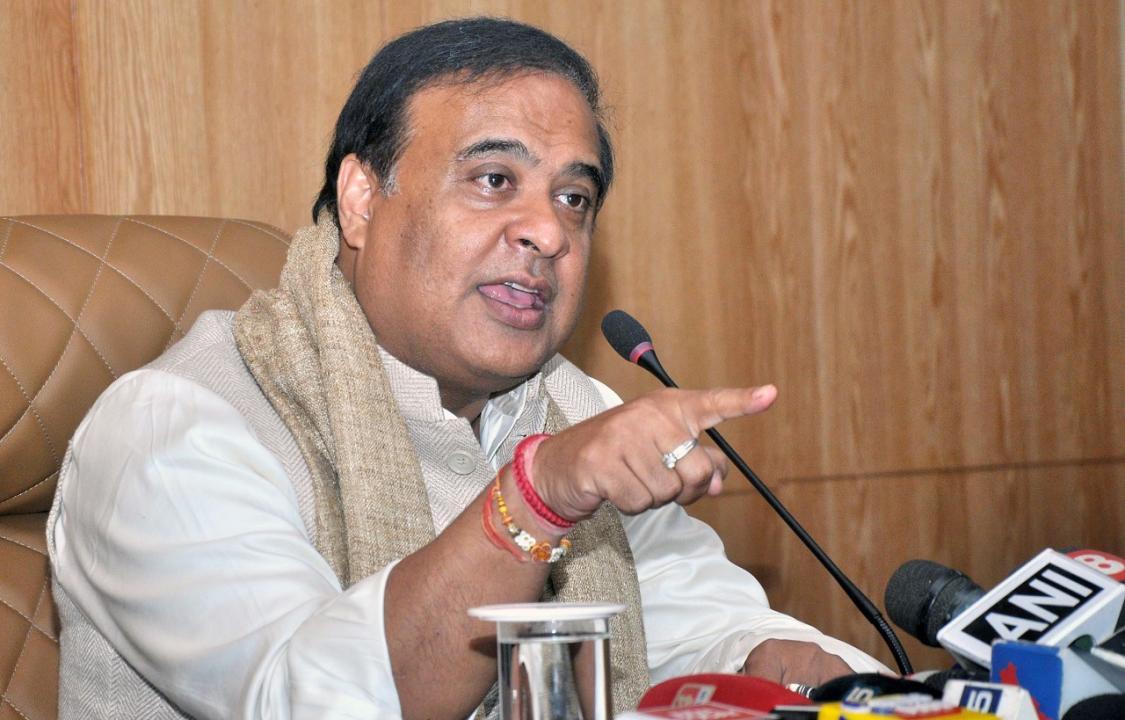Patole stirred controversy with his remarks that the Ram Janmabhoomi Mandir will be purified when the INDIA bloc comes to power at the Centre

Assam Chief Minister Himanta Biswa Sarma. Pic/PTI
Assam Chief Minister Himanta Biswa Sarma on Saturday slammed Maharashtra Congress President Nana Patole's "purification" remark of Ram Temple, terming his statement dangerous, reported news agency ANI.
Further raising a question about Congress leader Sonia Gandhi's religion and whether she is authorized to visit the Ram Temple, Sarma said, "Nana Patole has given a very dangerous statement... What is Sonia Gandhi's religion? And if Sonia Gandhi does the work of purifying the Ram temple, will the Hindus remain silent? It's election time that's why he is speaking but if he tries to do he will be jailed. Ram temple has been built after the Supreme Court's decision," reported ANI.
Patole stirred controversy with his remarks that the Ram Janmabhoomi Mandir will be purified when the INDIA bloc comes to power at the Centre.
In a statement, Nana Patole said, "We are going to purify Ram Mandir in Ayodhya after INDIA Alliance comes to power. Shankaracharyas were opposing this (Pran Pratishtha), all four Shankaracharyas will purify the Ram Temple. Ram Darbar will be established in that place. It is not Lord Ram's idol there, but the child form of Ram Lalla. Narendra Modi has acted against protocol in Ram Temple construction. We will do it through rectifications and religion," reported ANI.
Earlier, Maharashtra Deputy Chief Minister Devendra Fadnavis also criticised Patole for his remarks and said, "These are those people of Congress party who had challenged the existence of Lord Ram by giving an affidavit in the Supreme Court. They also challenged the Ram Setu's existence by giving an affidavit. They used to ask the question of whether Ram was imaginary or real," reported ANI.
The 'Pran Pratishtha' of Shri Ram Lalla at Ayodhya's historic temple was held on January 22, with Prime Minister Narendra Modi performing the Vedic rituals, led by a group of priests.
(With inputs from ANI)
 Subscribe today by clicking the link and stay updated with the latest news!" Click here!
Subscribe today by clicking the link and stay updated with the latest news!" Click here!










